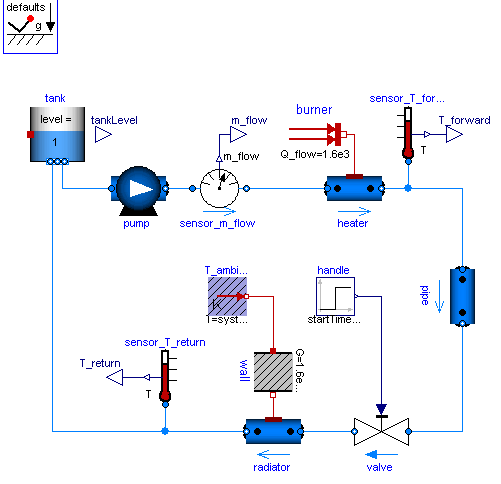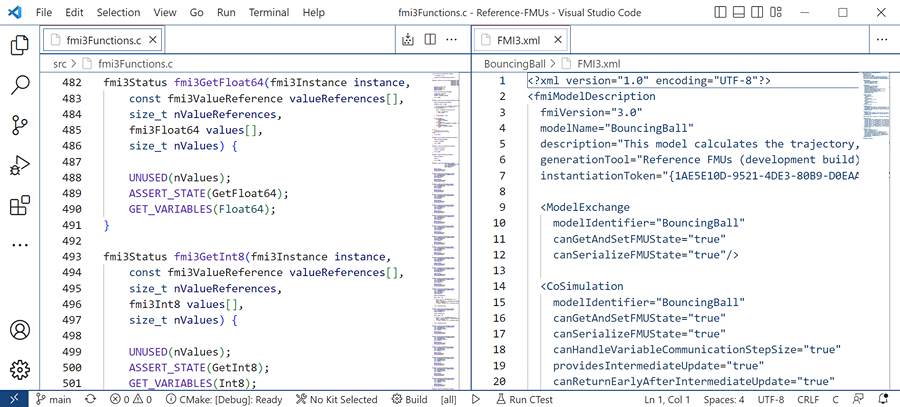Let It Fail: Building Smarter Simulations Through Fault Injection
- Forschungsthema:Concepts and prototyping for generic fault modeling as well as fault injection in simulation-based engineering
- Typ:Mastersthesis
- Datum:ASAP
- Betreuung:
- Links:Tender
-
This thesis investigates how faults can be systematically modeled and injected into simulation environments to support more versatile and reliable system testing. The work explores generic fault modeling approaches and developing prototyping concepts for fault injection.
MOTIVATION:
Simulations are more than just virtual models—they're powerful tools for testing, validating, and understanding complex systems before they go live. While simulating normal operations is a natural starting point, exploring how systems behave under fault conditions opens up new possibilities for improving design, reliability, and adaptability. Fault scenarios, however, are often implemented manually and tailored to specific platforms, which limits their scalability and reuse. This thesis investigates how faults can be modeled and injected in a generic and automated way to support more versatile simulation workflows.
GOALS:
In this thesis, you will investigate how faults—such as stuck valves or pump failures—can be systematically modeled and injected into simulation environments. Starting with existing modeling libraries (e.g., from Modelica), you will explore concepts for describing fault behavior in a way that is generic and either compatible with standards like FMI or supported through alternative modeling strategies if existing ones prove insufficient.
Key tasks include:
- Reviewing literature on fault injection in simulation environments
- Exploring existing modeling libraries for fault representation
- Developing concepts for fault modeling and injection considering standards like FMI, and creating and testing a prototype potentially using lab equipment
HELPFUL PRIOR KNOWLEDGE:
- Interest in industrial automation, simulation, and system modeling
- Confidence working with modeling tools (e.g., Modelica) as well as programming/scripting
- Lecture Cyber-Physical Modeling or other lectures on topics such as Industrial Automation, Simulation and Modeling



